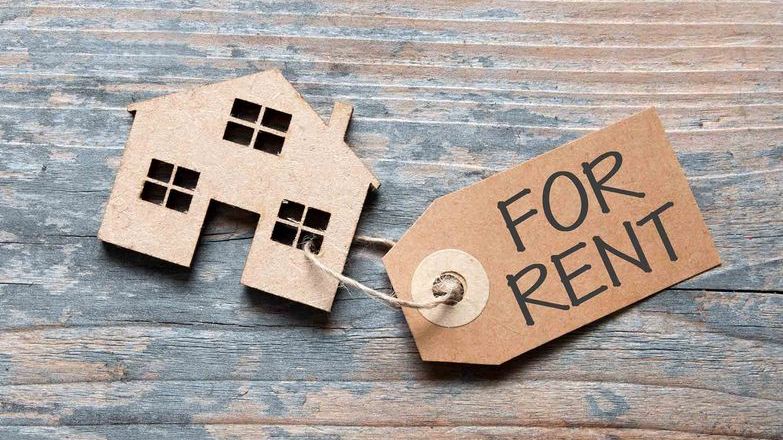As you are aware, London is the most expensive place in the country to buy property, despite the crash in the housing market there during the pandemic. However, prices will also depend on the area you choose. You should weigh the affordability against the preferred area. Estate agents in Ilford say property for sale in East London is usually less expensive though the redevelopment in that area has led to increased prices.
The main constraint will be the money and we have a few suggestions on how to be financially ready for buying a property in London.
Analysing: Before taking the big step into the London property market, a potential buyer should first analyse key factors on affordability:
- Determine your DTI – debt-to-income ratio (percentage of gross monthly income paid towards monthly debts). If the ratio is low, lenders will be willing to give you a bigger mortgage. This will help calculate how much you can borrow and the interest rates involved.
- Deposit: Work out how much deposit you can put down. The higher the deposit, the less the mortgage.
- The housing market: Find out whether it is cheaper to rent than to buy. If the latter is the case, then purchasing the house would be favourable. If the preferred area is Ilford, Barkingside estate agents can help.
- Length of stay: If you have long-term plans, it would be wise to study the area and find out if the ROI (return on investment) is worth it.
Once the affordability has been determined, the thought of making such a large down payment can be intimidating. However, there are some ways to make it possible.
Trim expenses: You will have to study your income and expenditure, to look for areas where household expenses can be cut to save more. Having a budget makes it easier to manage money. There are banking and budgeting apps to help with this.
Cut down on luxuries: The non-essentials do make life easier but giving up some or all of these, or exchanging them for less expensive options, could help put a tidy sum away. Some options could be to buy second-hand instead of new; taking a home lunch instead of buying at work; walking/running and following free exercise classes instead of attending a gym; buying discounted items at the supermarket or on Amazon.
Make the most of your savings: Move the saved amount to a high-interest account – either linked to the bank account or a tax free Individual Savings Account (ISA).
Lower existing debts: Debts cannot disappear, but money can be saved by not paying high interest on them. They can be shifted to a 0% balance transfer card, where repayments will go towards clearing the debt and not the interest for the offer period. It will lead to a quicker clearing of debt and thus a saving.
Sell unnecessary items: By carefully assessing what is really needed, you can sell items that do not come under this bracket. This will bring in additional money. There are various options to choose from to sell used items like eBay, garage sales, Shpock, etc.
Lifetime ISA: If you are between 18 – 39 years old and have never owned property before, the Lifetime ISA scheme can help you save GBP 4000 a year tax free, with an additional amount as a government bonus. This could help increase your savings. However, there is a minimum withdrawal period. “You can use the Cash Lifetime ISA to buy a property up to the value of £450,000 anywhere in the UK but must have had the account open for at least one year before you withdraw money to do this.”
Reduce rent: Paying less rent could add to savings. There are some options for this.
- By moving to less expensive accommodation. However, first a careful check on costs to be incurred will have to be done. If moving to a different area, amenities like transport, shopping etc will need to be considered.
- Sharing the accommodation with a housemate, which may not be ideal but could lead to a good saving.
- Moving in with family: If they are close to where you now stay, moving back temporarily and saving on rent could speed up the process.
- “London Living Rent is a type of intermediate affordable housing for middle-income Londoners who want to build up savings to buy a home.” The reduction in rent will add to the savings.
Conclusion: There is the dream of owning a property in London. There is also the daunting task of being financially able to buy the property. However, there are ways and means of overcoming this and saving enough to make that dream a reality.















